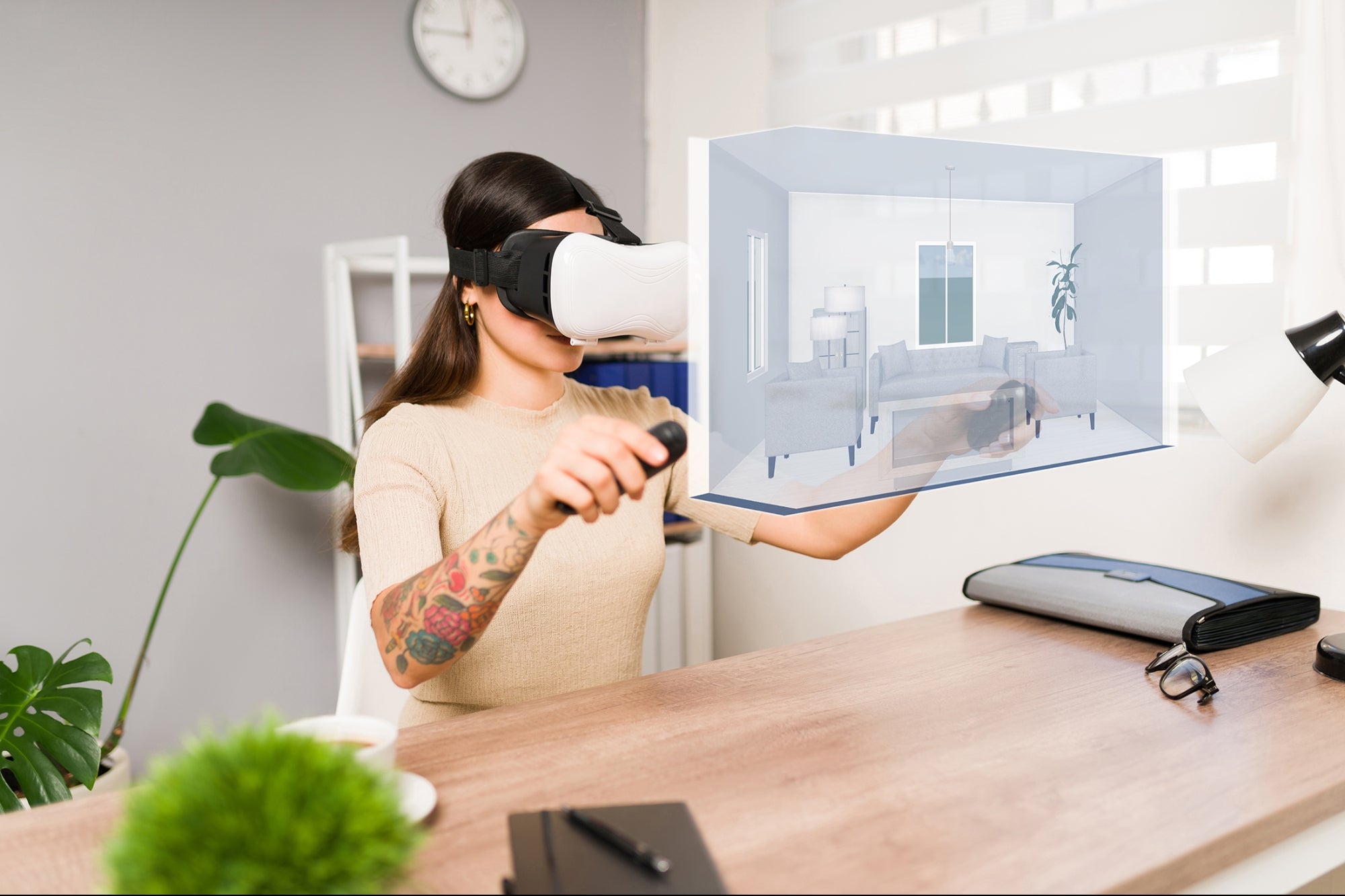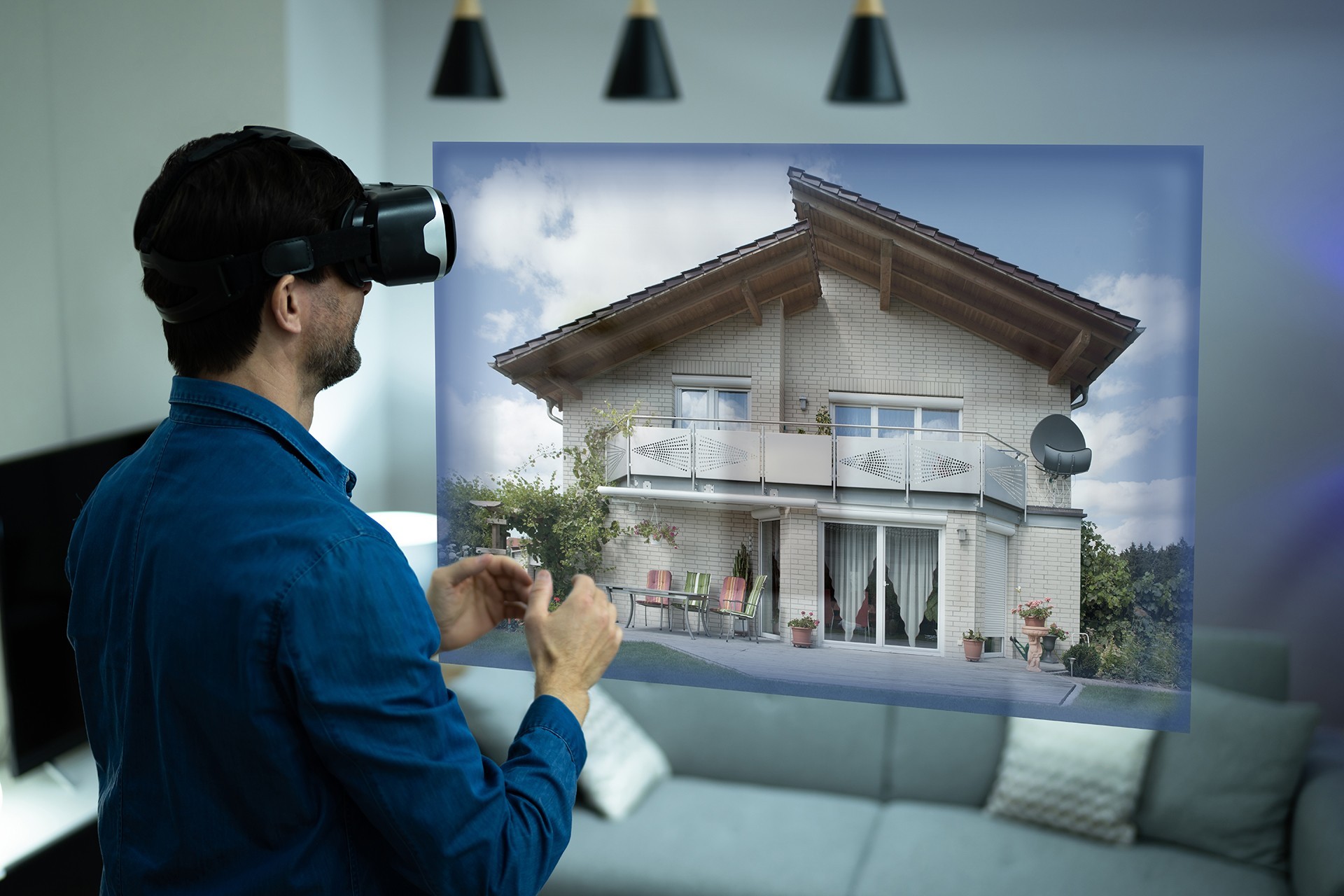Dec 15, 2023
Introduction
In the ever-evolving landscape of real estate, technology continues to play a pivotal role in shaping the way we buy, sell, and experience properties. Augmented Reality (AR) and Virtual Reality (VR) have emerged as transformative tools, revolutionizing the traditional real estate industry. In this blog article, we will explore how AR and VR are making significant strides in the Singaporean real estate market, enhancing the way properties are marketed, viewed, and bought.
Virtual Property Tours: A Window to Your Future Home
One of the most groundbreaking applications of VR in real estate is the ability to provide virtual property tours. Prospective buyers in Singapore can now explore properties from the comfort of their homes, immersing themselves in a 360-degree virtual environment that replicates the actual space. This not only saves time but also enables potential buyers to narrow down their choices before physically visiting properties, making the house-hunting process more efficient.
AR for Interactive Property Exploration
Augmented Reality, on the other hand, is changing the way buyers interact with the physical world. AR apps allow users to point their smartphones or tablets at a property, instantly providing information about the building, its history, and nearby amenities. In Singapore, where space is at a premium and architectural diversity is rich, AR applications help buyers make informed decisions by overlaying relevant details on their screens as they explore the cityscape.
Virtual Home Staging: Tailoring Spaces to Individual Tastes
VR is also proving invaluable in the realm of home staging. Sellers can virtually stage their properties, allowing potential buyers to see different furniture arrangements, color schemes, and interior designs. This not only helps in selling the lifestyle associated with a property but also enables buyers to visualize the full potential of a space, making the decision-making process more comfortable.
AR-enhanced Property Listings
Traditional property listings are being transformed by AR technology. Imagine walking down a street in Singapore, pointing your smartphone at a "For Sale" sign, and instantly accessing detailed information about the property, including pricing, square footage, and even recent renovations. AR applications make property information more accessible and interactive, providing a richer experience for potential buyers.
Enhancing Architectural Visualization for Off-Plan Developments
For off-plan developments, where physical structures are yet to be built, VR is playing a vital role in allowing potential buyers to visualize the finished product. Developers can create immersive virtual experiences that showcase not only the interior of the units but also the surrounding neighborhoods and amenities. This aids in selling properties before they are even constructed, giving buyers confidence in their investment.
Conclusion

As Singapore's real estate market continues to thrive, the integration of Augmented Reality and Virtual Reality is reshaping the industry. From virtual property tours to interactive property exploration and enhanced listings, these technologies are providing a more engaging and efficient way for buyers and sellers to navigate the real estate landscape. As we move forward, the synergy between technology and real estate is set to redefine the property buying experience, making it more dynamic, informed, and personalized.





